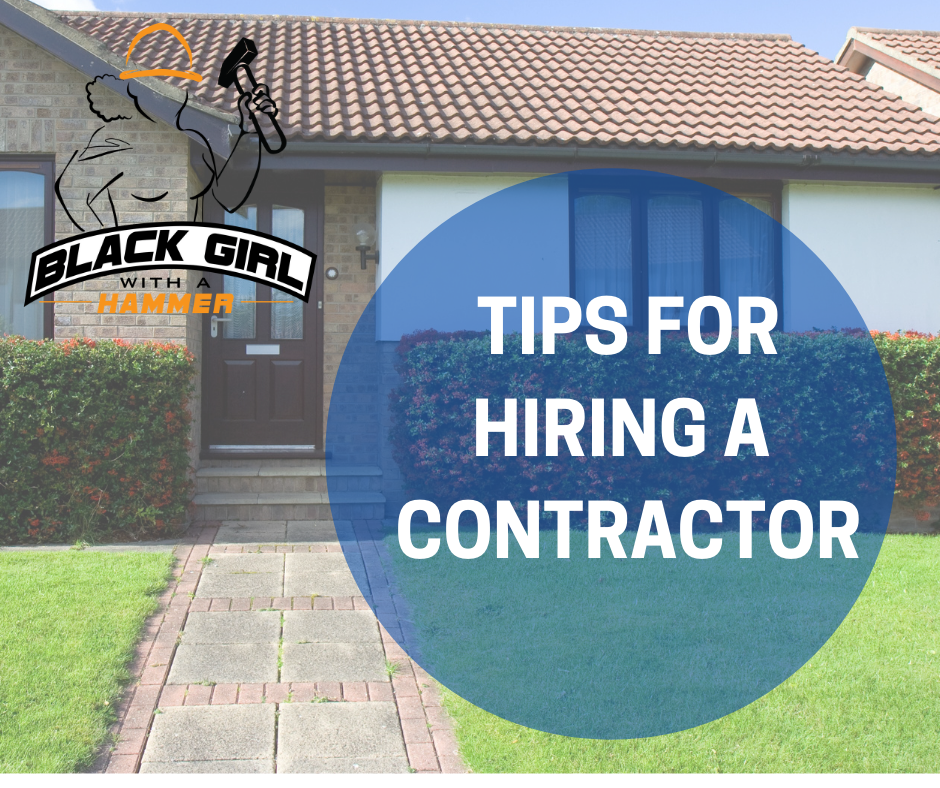
Miami-Dade County Code Chapter 10 and Florida Statute Chapter 489 require that construction contractors be licensed and that homeowners hire only licensed contractors. Failure to hire a licensed contractor may subject the homeowner to consumer violations on their property and fines.
Follow important tips and guidelines when researching contractors for home repairs.
- Check for contractor's license, insurance and complaint history. Before you hire, conduct a contractor inquiry and complaint search and check for insurance. Use the Miami-Dade County Building Code Compliance search tool or call 786-315-2424. For state licenses, visit the Florida Department of Business and Professional Regulation site or call 305-513-3437 or 850-487-1395. An occupational license number or business tax number are not subsitutes for a license. Contractor should have his or her license on display on all vehicles, contracts, websites, advertisements and business cards
- Check for insurance. Contractors should carry general liability insurance, property damage and workers' compensation in effect at all times. You can find this information on the Miami-Dade County Building Code Compliance search tool or by visiting the Florida Department of Business and Professional Regulation site.
- Know your contractor. A frequent problem is the unscrupulous contractor who takes deposits before starting work or demands a final payment before finishing. Beware of repair businesses or individuals who solicit door-to-door, arrive in unmarked vehicles, have a post office box or temporary address, claim they are from another county or state and are in the area solely to help disaster victims, or offer to work for you only if you secure the necessary permits. If the contractor is only available to work on weekends, see that as a sign that the contractor is moonlighting without a license
- Building permit. If contractor informs you that the job will not require a permit, check with your local building official. Almost all projects, with a few exceptions, require a building permit. It is a red flag if a contractor says it's cheaper and quicker for you to get the building permit yourself, or says someone else other than the contractor will obtain the permit. A licensed contractor who is in good standing will always obtain his or her own permit. In unincorporated Miami-Dade County, certain types of work are exempt from requiring a permit
- Call references. Reputable contractors should be readily able to provide the names and contact information of satisfied customers. Work with contractors you know or local firms with roots in the community. You can also ask friends and family members who may have recently hired a home repair contractor or other professional
- Get at least three estimates. A reputable contractor or professional should not try to pressure you to obtain your business. Be certain that the estimates are itemized and that you are quoted for the same type of work and materials
- Obtain a written contract. Get all of the details in writing, including the scope of work, types and brand names of materials to be used, warranties, guarantees and final costs. Make sure any verbal commitments are written into the contract and that you obtain release of lien waivers from all suppliers and subcontractors
- Avoid paying large sums of money up front. A typical arrangement used by reputable contractors is one-third paid in advance, one-third paid halfway through the job and one-third paid upon completion of the job. Before making the final payment, make sure that all final required inspections have taken place and that all permits have been closed
- Pay by check or credit card. Do not make checks payable to the name of an individual, or to "cash" but rather to the name of the contracting company. Licensed contractors will almost always have a separate business account. Do not pay with cash because it can be difficult to obtain a refund if there is a dispute about the job
If you suspect unlicensed contractor activity, call 311 or 786-315-2561.
If you have any issues with your contractor, you can also file a claim with your insurance company. They will let you know which documents, forms and data you will need to file a claim.
If you live in a municipality, contact your municipality’s building department for specific information and regulations in your area.




